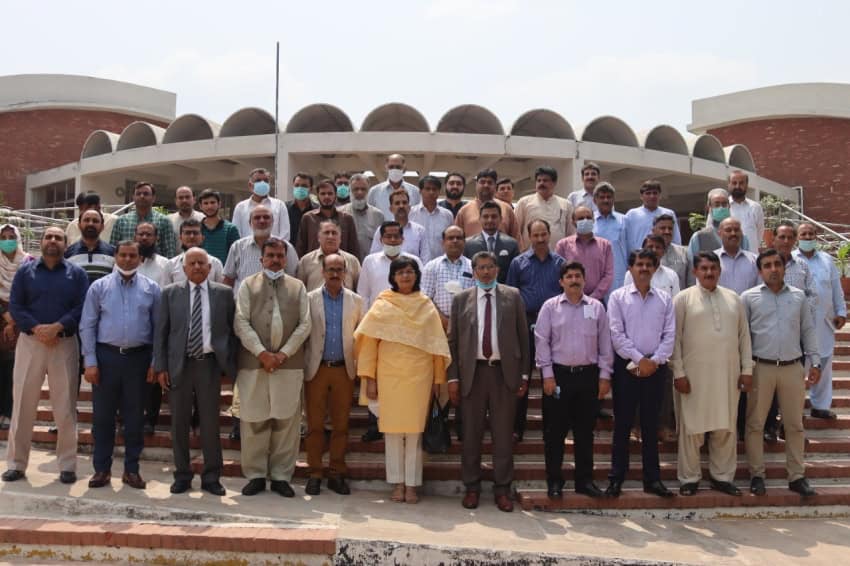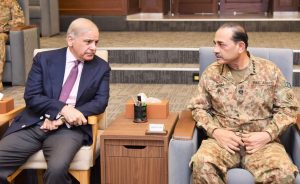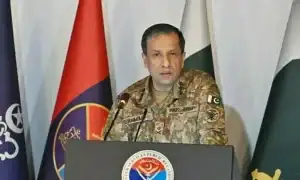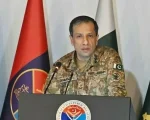ISLAMABAD – Special Assistant to the Prime Minister on Poverty Alleviation and Social Protection, Dr. Sania Nishtar Wednesday said agriculture is an absolute priority of our government because around 65% population is directly or indirectly indulged in agricultural activities. That is why, agriculture is a whole of the government’s multisectoral agenda, as embedded in the Ehsaas framework.
She said while addressing the international consultation workshop on, “Crop mapping and zoning for strengthening sustainable agricultural practices, policy support, and livelihood improvement through Earth observation applications in Pakistan”. The workshop was organized by Pakistan Agricultural Research Council (PARC) in collaboration with the International Centre for Integrated Mountain Development (ICIMOD) in Islamabad.
“Being an agrarian economy, we strongly need to invest in research, modernization of hardware and software in agriculture, and focus on sustainability of the agri- sector,” she added.
Further, she congratulated ICIMOD and PARC for bringing in regional and global knowledge and tools for the growing agriculture in Pakistan. “On behalf of the government of Pakistan, she assured full support to collaborative initiatives and agriculture experts working around improving agri-production systems in Pakistan.
Chairman PARC, Dr. Muhammad Azeem highlighted the importance of updating of Agro-ecological zone of Pakistan and stated that to address the sustainability issue in the agriculture system it is important to adapt to the unique zone requirements and another cropping system according to water availability
The workshop aimed to engage key stakeholders and share the latest tools and innovations in Earth Observation (EO), and to identify needs, opportunities and complementarities to promote the use of EO tools and technologies in agricultural planning and policy formulation. Participants from national, provincial, and non-governmental organizations working in the areas of agriculture, climate change, food security, water, and irrigation participated in the workshop.
Other eminent speakers who joined the opening session were Pema Gyamtsho, Director General, ICIMOD, Nepal; Bashir Ahmed, Director, Climate, Energy, and Water Research Institute (CEWRI), PARC, Faisal Qamar, Group Lead Food Security, ICIMOD and Muhammad Ismail, Country Representative, Pakistan Office, ICIMOD.
Pema Gyamtsho emphasized that a clear understanding of cropping patterns and historic changes along with socioeconomic and ecological impacts of agricultural land-use change in the region is essential to prepare well-informed policies.
Director PARC, Bashir Ahmed shared that under the agri-transformation plan, PARC had initiated the updating of Agro-Ecological Zones and the development of crop zones of Pakistan to provide evidence-based knowledge for adopting sustainable agriculture practices based on modern technologies like satellite remote sensing and geographic information system.
With the recent advancements in Earth observation (EO) technologies, PARC, ICIMOD, NASA-SERUIR, and George Mason University are collaborating on the use of freely available remote sensing data and Information Technology tools to provide efficient means of regular monitoring of cropping patterns as well as historic changes to contribute to the policy.













